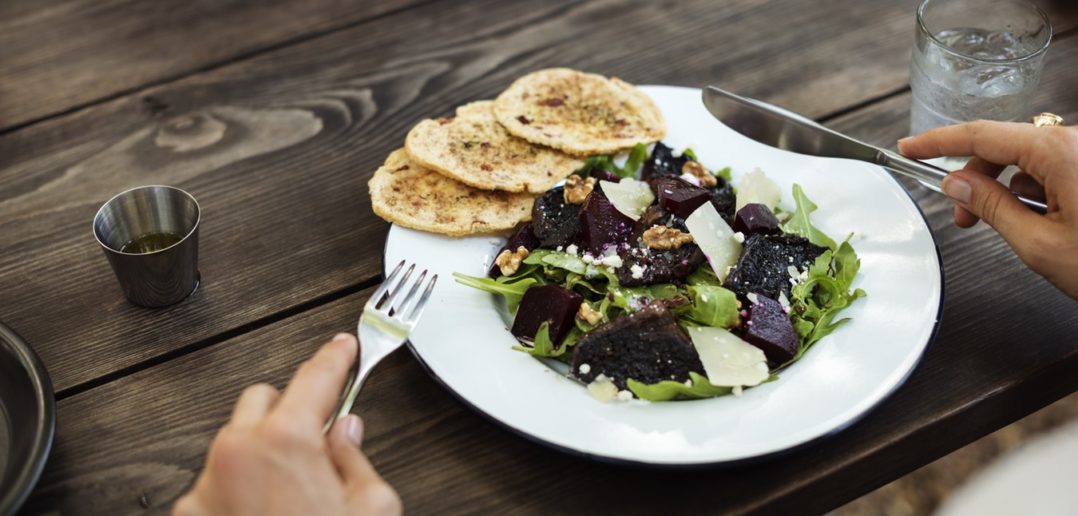Effective nutrition for fighters is set to become a lot more than just balancing your macronutrients. An April 2018 study by the USA’s National Institute of Health has found the secret to fight or flight, and it all lies in the power of a specific part of your brain. It just so happens that you can hone the efficiency of that gray matter through putting the right food in your body. This is one of dozens of small quirks of the human body that you can tune your nutrition to cater for. Everybody is different, with their own strengths and weaknesses. Using up-to-date knowledge, you can identify these and create a nutritional regime that benefits your performance.
Finding performance in unexpected places
Your typical MMA fighter (or any athlete, for that matter) will swear by a diet of heavier-than-normal protein intake, minimal short carbs and healthy fats. This is generally a good rule to stick to, especially in physical contests where muscle and bone are affected after the show is over. However, many fighters have individual and curious needs that demand specific dietary considerations. For example, fighters with type 1 diabetes will use sugar boosts to manage symptoms; by managing insulin levels closely before a fight, they can listen to their body and use small but sugar rich bites during the bout to ensure their performance remains high and focused, and potentially, above the levels of other fighters. Listen to your body and its requirements, and be creative in your response.
Eating natural food
Meat is a traditional way to ingest protein, good fats and plentiful minerals. Vegan and vegetarian diets have historically been considered incompatible, due to the lack of protein and minerals. The reality today couldn’t be further from that. MMA superstars including Nate Diaz have sworn by a vegan diet. The key is variety; look for a wide range of pulses and legumes in your meals, make full use of replacement meats such as mycoprotein. If you’re vegetarian, remember the great nutritional content of eggs and dairy.
Long term health
A downside of MMA is the potential for long term damage. Like many other physical sports, studies have shown that repetitive head trauma increases risk of Alzheimer’s amongst other conditions. Your nutrition can have a helpful effect on this, too. Many of the later life risks associated with head trauma can be assisted using the same strategies employed to combat dementia and the like. Omega-3 rich foods, like flax seed and oily fish, can be paired with Vitamin B. Antioxidants, too, such as those found in green tea and matcha, are excellent mitigation.
The body that powers your MMA training and bouts needs careful looking after. Nutrition isn’t just about finding a macro balance and sticking to it – you need to listen to your body, and respond in kind. With a nod towards the now and the future, you can preserve your health and boost your performance.




